Building an Antiracist Community
Let your voice be heard
By Tim Johnson
You never know when people might listen to your voice. Often, the teenage boys in my charge ignored whatever it was I had to say. The group home that hired me as a childcare worker was begun by well-intended members of a Saint Paul congregation who believed that showing love to troubled youth would be sufficient to help them get their lives turned in the right direction. Unfortunately, many of the teenage boys with whom we worked had little trust in adults, much less love. Without question they needed people who truly cared, but they also needed guidance, dependability, structure and accountability. On most days they treated our kindness and inexperience as an opportunity to do whatever they wished regardless of what we said.
The building where the boys lived together was the former church building for the people who founded the group home. From the outside it looked like a church, including a steep roof line and a bell tower at one end. It had never occurred to me that I needed to tell the boys to stay off the roof, but had I done so, more likely than not, they would have treated it like most other admonitions as optional. When I stepped out of the building, looked up and saw six teenage boys traversing the steep roof line on their way to the bell tower. I had little reason to believe they would heed my voice. It was exceedingly dangerous, but there was nothing I could do to get them down other than to use the most authoritative tone I could muster and tell them to get off of that roof “Now!”. One thing I did know was that silence was not an option.
To my surprise, all six of those boys did exactly what they were told, turning on a dime, without argument or complaint, slowly and carefully returning to the safety of the ground. It is a fair assumption that each of them recognized the perilousness of their situation. But, none of them had the courage to confront the group and say, “Hey, maybe this is not a good idea. Maybe we should turn around.” Instead, they kept sliding along on this steep pitched roof knowing that they had put themselves in a situation that could end badly for each of them.
For years, decades, there have been people raising their voices about the racial inequity that afflicts our cities and nation. Many of those people have grown accustomed to being ignored. As Eddie Glaude notes in his book “Begin Again”, they have called out the destructive lie woven into our nation’s founding, which continues driving the inexcusable disparities that afflict our common life. The lie is the belief that Indigenous, Black and people of color have less value than people who are white. Courageous people have raised their voices to seeming little avail.
It would be easy to conclude there is no reason to believe or think that this time, our time, our voice speaking up will be treated any differently than previously. People will continue along this perilous roof as if we are exempt from the rules of gravity. And yet, with the tragedy of George Floyd’s killing and the many other killings smart phones have documented, it is necessary to ask the question. Is this the time when enough people’s eyes are at last opened to this perilous place in which we find ourselves? Is this the time when voices speaking out on behalf of racial justice will be heard? Is this the time when we together turn around and make the changes that are long overdue? One never knows when our voice may be heard. But, perhaps we are in a moment with racial justice and other significant issues, like climate change, where we can speak with confidence, with authority and be heard.
This year’s annual Overcoming Racism Conference takes as its central theme: the hope and possibility we may have in such a time. The title of the conference is “The Fierce Urgency of Transformation Now.” It is an invitation for individuals and organizations to ask the following questions: “Is now the time when we need to raise our voice? Is it possible that enough folks have begun recognizing the need for change and that what is required is the courage of people to speak out?” It may be with a neighbor, family member, our place of worship, our place of work, with elected officials, but if silence is no longer an option, then the time to speak out is now. If you are interested in learning more about the conference, scheduled for Nov. 12 -13, go to https://overcomingracism.org/programs/conference/. Registration opens on Oct. 4.
Tim Johnson is a retired pastor of the United Church of Christ.
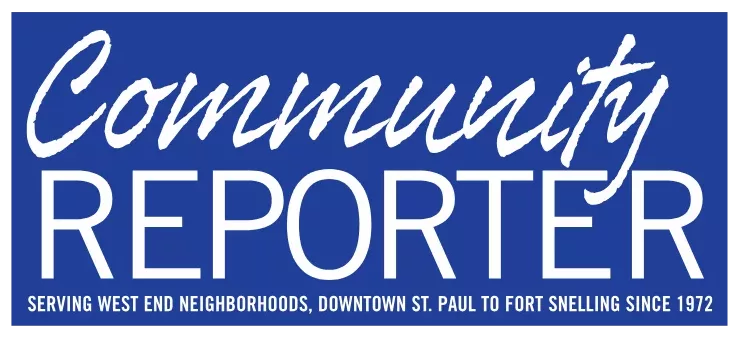
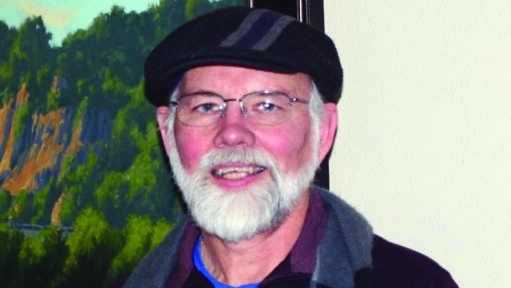
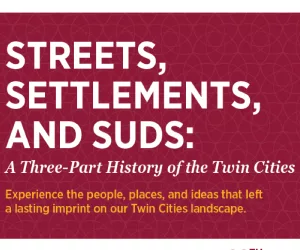

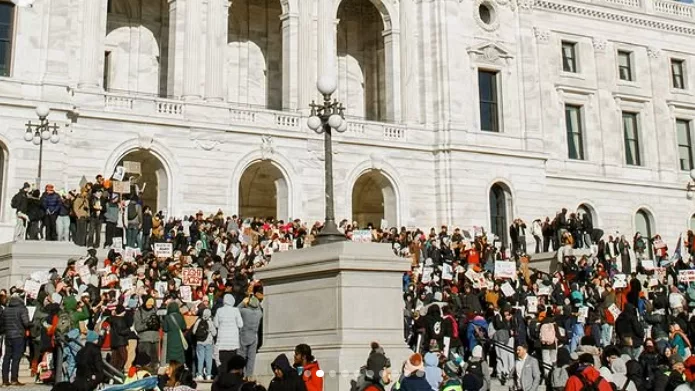
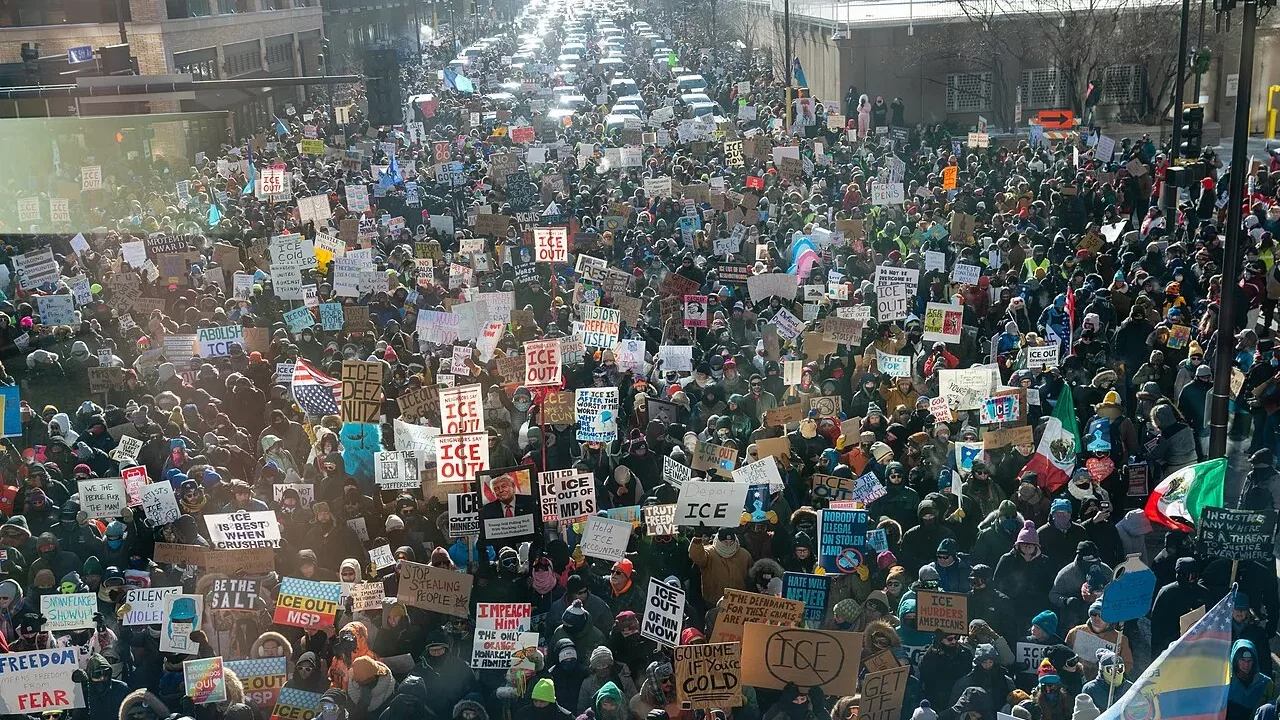

Leave a Reply